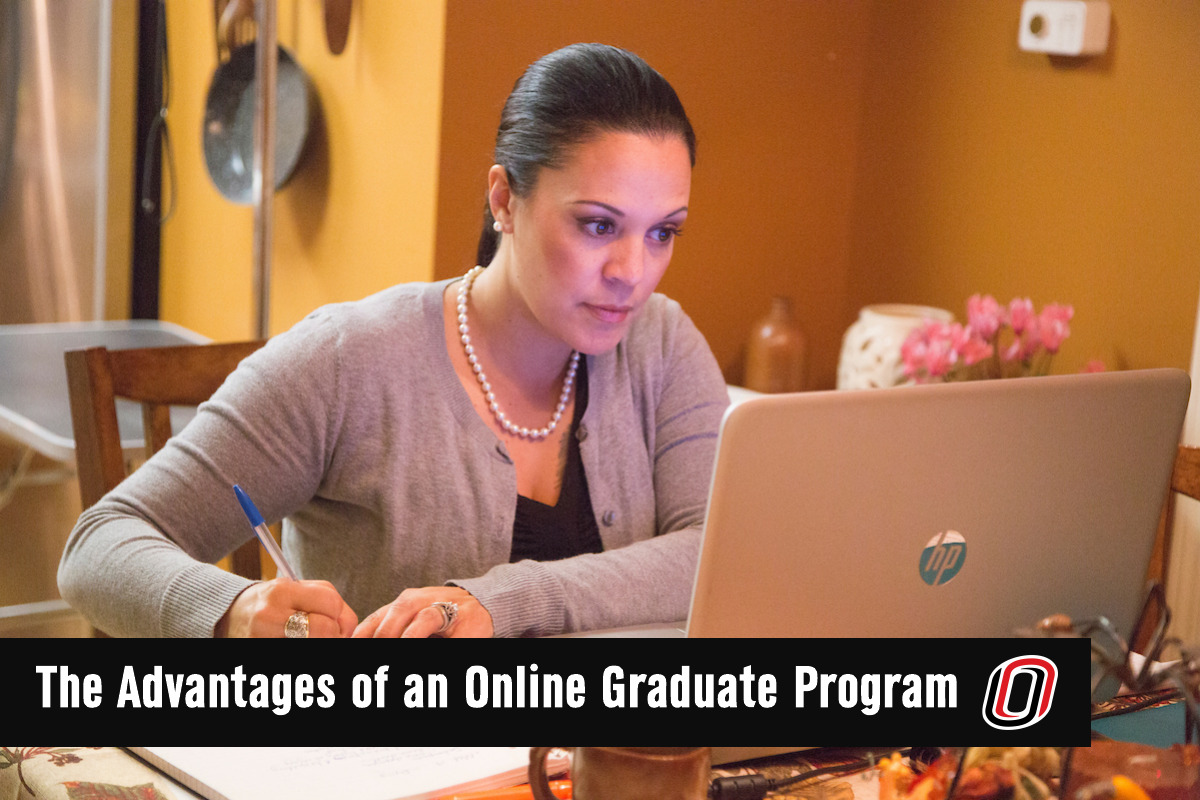The 9-Minute Rule for Online News
The 9-Minute Rule for Online News
Blog Article
The Only Guide to Online News
Table of ContentsOnline News Things To Know Before You BuyThe Facts About Online News RevealedNot known Factual Statements About Online News Getting My Online News To WorkThe smart Trick of Online News That Nobody is Discussing
Figures for the percentage of individuals paying for on-line information were within the margin of mistake for both studies. Allow's first take into consideration individuals who have access to news that you would generally need to pay for. It makes good sense to start here since some individuals have actually access to paywalled news through complimentary trials, using their work, and so forth.There are various forms of accessibility, yet the 3 most usual are subscriptions to on the internet information from a solitary brand, memberships to a print/digital package from a solitary brand, and a registration to numerous brand names aggregated in one place. Of these, digital-only registrations to a solitary brand name are the most common kind of access in all three nations.
Paid information aggregators are fairly popular in the US, mainly thanks to Apple Information+, but at the moment these are far much less usual than memberships to solitary information brands. As we saw in the Exec Recap, individuals generally have access to among a small group of prominent brands. In the US, over half of these individuals have accessibility to either the New York City Times or the Washington Message, and in the UK, it's The Times or the Telegraph.
The 25-Second Trick For Online News
Many of this group have gain access to since they are paying for registrations with their own money 75% in Norway and the UK, and 84% in the US. Online News. For under-45s the figure is lower. But amongst those 45 and over, the huge majority of those who have access are paying with their very own money.
In the USA and particularly Norway, several publishers have presented paywalls, which suggests more people will certainly be asked to pay probably heightening a feeling of scarcity and developing a feeling that news can be worth paying for. In the UK, by comparison, only a relatively little number of magazines attempt to bill for news.
Hereof it is intriguing to contrast the different reasons clients give up the USA and United Kingdom for paying for online information. On the whole, the most vital factor is the diversity and quality of the web content. In both nations, clients believe they are improving information than from totally free resources.

The 8-Minute Rule for Online News
These added components appear to be specifically useful for retention as they develop routine and are less replicable in other places. For Norwegians as well the distinctiveness of web content prevailed along with benefit and ease of usage. 'Aftenposten is a major paper with fantastic top quality', stated one respondent, yet it was striking that 'supporting excellent journalism' is less of a motivation (21%) maybe because traditional media electrical outlets are viewed as much less polarised in Norway.
In addition, around half of those that presently have complimentary gain access to state that they might begin paying if their cost-free accessibility runs out. This is motivating, and possibly extra encouraging still is that these figures suggest retention prices that are similar to those for registrations to video and audio streaming solutions like Netflix and Spotify.
It can likewise be seen as a useful pointer that people do not necessarily subscribe permanently, and flaunts about the variety of 'brand-new customers' may not be telling the entire tale (Online News). There's substantial 'churn' around, as lots of individuals end their cost-free tests before they have to pay, or simply cancel their memberships to spend their cash on various other points
Women, 37, Norway It set you back means excessive and I can get round the paywall. Male, 36, US Too costly, really felt there was absolutely nothing I could not obtain absolutely free on Apple Information. Female, 19, UK In the UK, the number of people that used to have access to paid news (10%) is close to the number of people that currently have access (9%) with the comparable figures from the US and Norway higher still (albeit lower than the number of individuals with accessibility).
Our Online News PDFs
As we have actually currently seen, existing subscribers are relatively happy, yet with earnings from digital advertising unclear lots of publishers will certainly be aiming to boost the number of brand-new customers. In comparing our 3 countries article source we see some interesting distinctions that could educate publisher strategies. Initially, we observe an extremely high percentage (40% in the US and 50% in the discover this UK) who state that nothing can persuade them to pay.
In Norway, where interest in information often tends to be higher and where cost-free news is a lot more restricted only 19% say they could not be convinced. Rate and benefit are a few of the crucial elements that might make a distinction. In Norway, a 3rd (30%) say they may subscribe if it was less costly and 17% if they might pay to access numerous sites from a single payment.
Publishers have significantly been providing differential pricing to get business from those unlikely to pay full rate (e.g. overseas clients and pupils). Paying to prevent intrusive advertisements is another potential course for publishers, with around one in seven participants in all three countries saying this this may lure them to subscribe.

Fascination About Online News
The concern of missing out can be a powerful barrier. Some outlets currently ask viewers to sign up with them in order to have the ability to access a little number of articles absolutely free. Lots of journalists would certainly see this as a reasonable trade-off, but the public are more wary. In all three nations less than half think registering is a fair profession, but it's likewise clear that individuals are not strongly opposed either.
In between 13% and 22% in our 3 countries claim they registered to gain access to information web content in the in 2015. Some are likewise utilizing other methods to get around paywalls such as resetting cookies, changing their web browser settings, and even downloading and install dedicated software program. Simply a third say they have ever before attempted to do something similar to this, as it needs a certain degree of digital literacy, and several are probably unaware that is an opportunity.
Individuals have various sights regarding the civil liberties and misdoings of trying to sidestep paywalls. Couple of would certainly say that this is always sensible, yet some individuals do have bookings about vital public-interest journalism just being readily available to those ready and able to pay for it. A paywalled expos of the UK federal government's handling of the coronavirus outbreak by the Sunday Times brought about a heated dispute about the problem on Twitter, with some trying to honestly share the full post.
Report this page